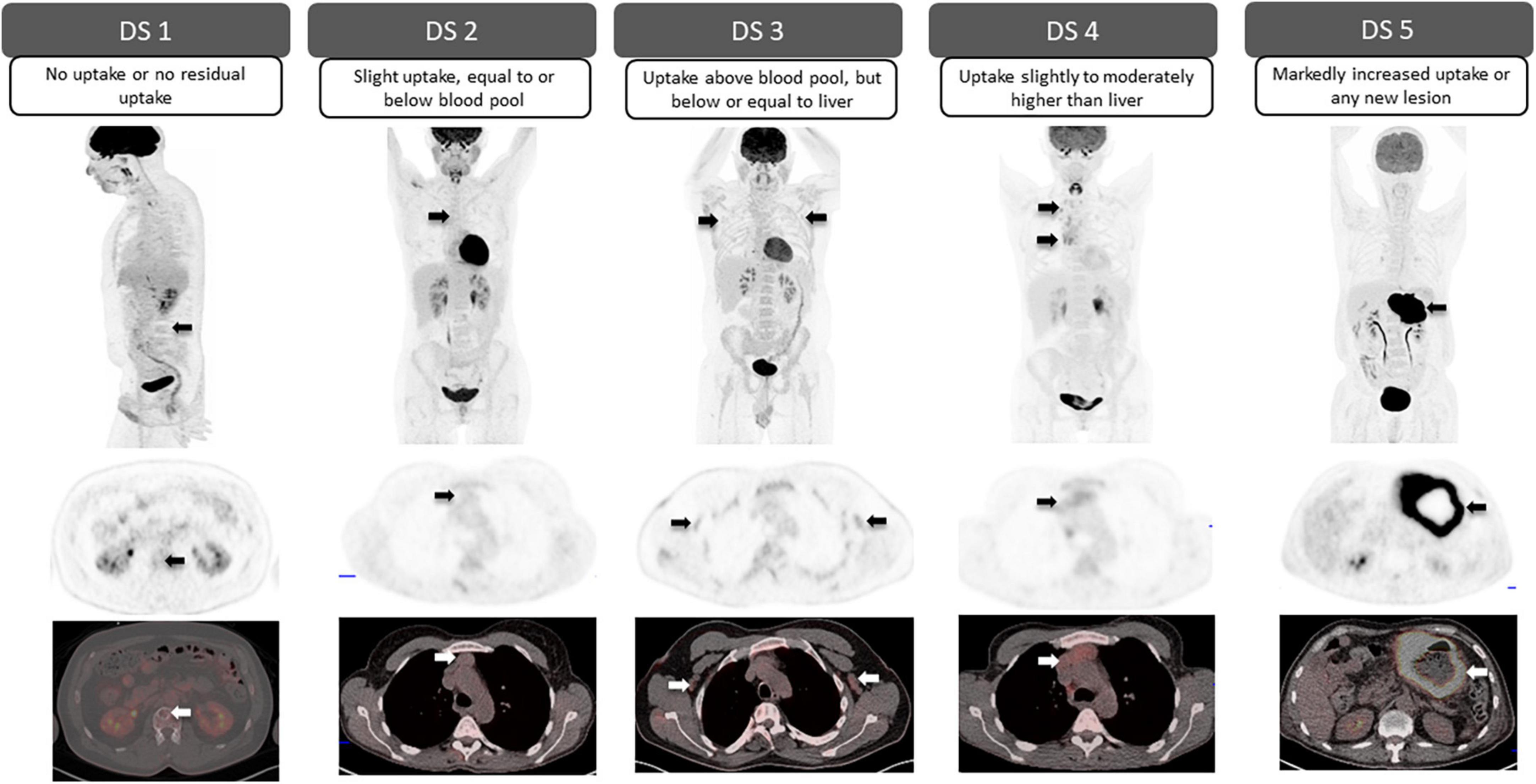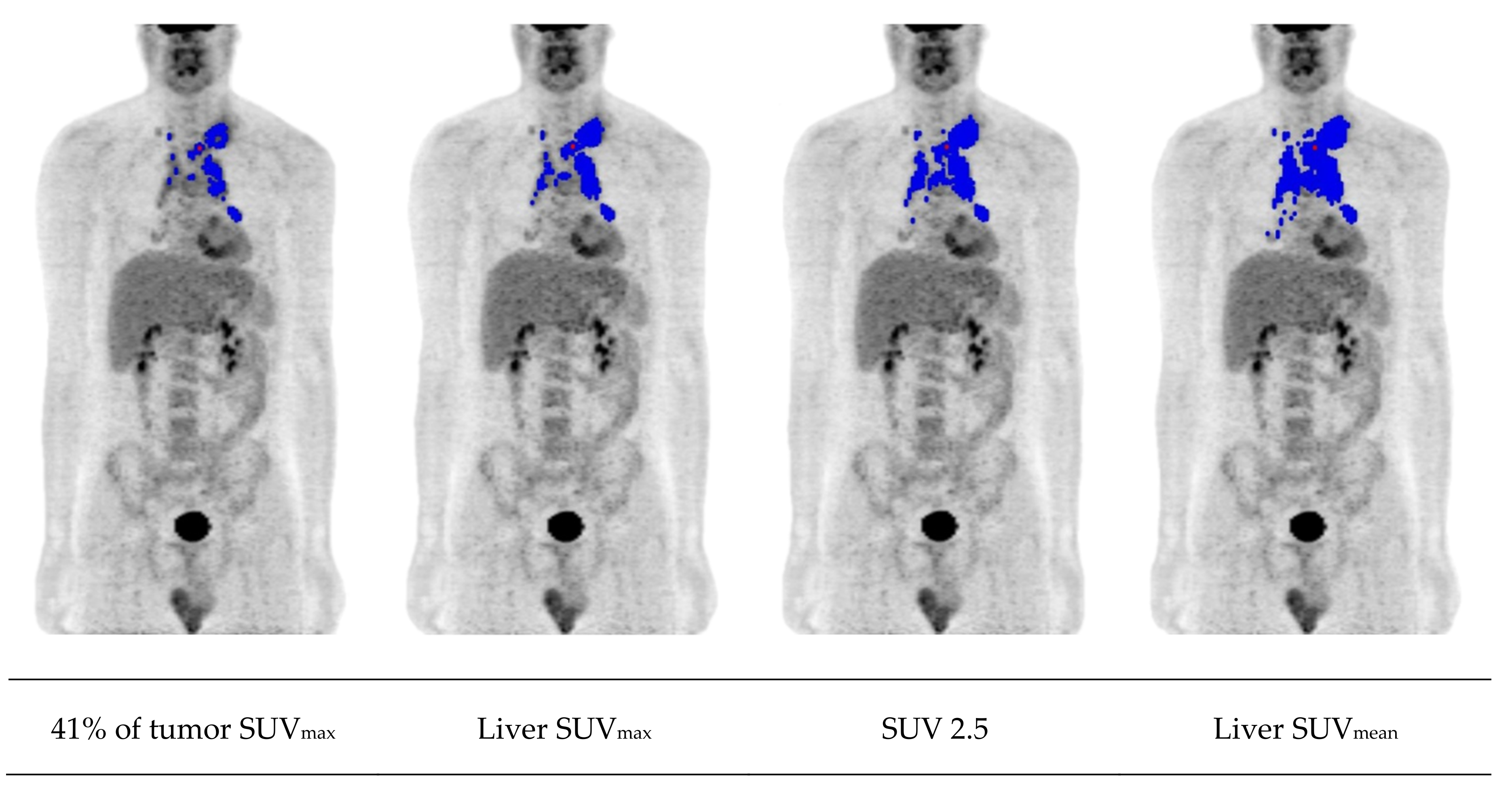The pet 5 point scale is an invaluable tool for assessing the health, behavior, and well-being of our furry companions. This scale provides a structured and standardized approach to evaluating a pet’s overall condition, allowing veterinarians and pet owners to make informed decisions about their care.
The 5-point scale encompasses a range of levels, each with its own distinct characteristics and implications. It is widely used in veterinary practice, pet training, and behavior modification, offering a common language for communication between professionals and pet owners.
Pet Health Assessment on a 5-Point Scale

Assessing pet health on a 5-point scale is a systematic approach to evaluate a pet’s overall well-being. It involves examining various aspects of the pet’s health, including physical appearance, behavior, and medical history.
Levels of Assessment
The 5-point scale typically consists of the following levels:
| Level | Description |
|---|---|
| 1 | Excellent: The pet is in optimal health, with no visible signs of illness or disease. |
| 2 | Good: The pet is generally healthy, but may have minor health issues that are being managed. |
| 3 | Fair: The pet has some health concerns that require regular monitoring and treatment. |
| 4 | Poor: The pet has significant health issues that require ongoing medical attention and may affect its quality of life. |
| 5 | Critical: The pet is in a life-threatening condition and requires immediate medical intervention. |
Factors considered in determining each level include the pet’s physical examination, behavior, appetite, energy levels, and medical history. Regular veterinary checkups are essential for maintaining an accurate assessment of a pet’s health.
Using the 5-Point Scale in Veterinary Practice

The 5-point scale is a valuable tool for veterinarians in assessing the health and well-being of pets. It provides a standardized and objective way to communicate with pet owners about their pet’s condition and to track changes over time.
Benefits of Using the 5-Point Scale in Veterinary Medicine
- Enhanced Communication:The scale facilitates clear and concise communication between veterinarians and pet owners, ensuring that both parties have a shared understanding of the pet’s health status.
- Standardized Assessment:The scale provides a consistent framework for assessing pets, allowing veterinarians to compare results over time and track progress or changes in health.
- Objective Documentation:The scale serves as an objective record of the pet’s health status, which can be useful for legal or insurance purposes.
Limitations of Using the 5-Point Scale in Veterinary Medicine
- Subjectivity:The scale is based on the veterinarian’s subjective assessment, which may vary from one veterinarian to another.
- Limited Nuance:The scale only provides five options, which may not always accurately capture the full range of a pet’s health status.
- Lack of Specificity:The scale does not provide specific information about the underlying cause of a pet’s condition.
Pet Behavior Evaluation Using a 5-Point Scale
The 5-point scale can be applied to evaluate pet behavior by assessing the frequency, intensity, and duration of specific behaviors. This scale provides a standardized and objective way to measure and track behavior changes over time, making it a valuable tool for pet training and behavior modification.
Behavioral Levels and Descriptions
| Level | Description |
|---|---|
| 1 | Never or rarely observed |
| 2 | Observed occasionally |
| 3 | Observed frequently |
| 4 | Observed very frequently |
| 5 | Observed constantly or almost constantly |
Applications in Pet Training and Behavior Modification
The 5-point scale can be used in pet training and behavior modification to:
- Identify target behaviors for training or modification.
- Set realistic training goals based on the pet’s current behavior level.
- Track progress over time and make adjustments to the training or modification plan as needed.
- Communicate behavior observations and progress with other professionals, such as veterinarians or behaviorists.
Developing a Customized 5-Point Scale for Specific Pet Needs: Pet 5 Point Scale

A customized 5-point scale can be tailored to specific pet needs by considering the unique characteristics, health conditions, and requirements of each pet. This approach allows for a more personalized and accurate assessment of a pet’s well-being and can be particularly beneficial for pets with chronic conditions or special needs.
Examples of Customized Scales, Pet 5 point scale
- Scale for Pets with Diabetes:This scale could include specific parameters related to blood glucose levels, insulin administration, and dietary management.
- Scale for Pets with Arthritis:This scale could focus on mobility, pain levels, and the effectiveness of pain management medications.
- Scale for Senior Pets:This scale could incorporate age-related changes, such as cognitive function, mobility, and overall vitality.
Customized scales provide a more nuanced and tailored approach to pet care, allowing pet owners and veterinarians to track specific aspects of a pet’s health and well-being over time. This information can be used to make informed decisions about treatment plans, lifestyle adjustments, and overall care strategies.
Last Recap

The pet 5 point scale is a versatile and adaptable tool that can be customized to meet the specific needs of individual pets. It empowers pet owners to actively participate in their pet’s care and make informed choices that promote their well-being.
By embracing the pet 5 point scale, we can enhance our understanding of our pets’ health and behavior, fostering stronger bonds and ensuring their optimal quality of life.
Key Questions Answered
What is the purpose of the pet 5 point scale?
The pet 5 point scale is a standardized tool used to assess a pet’s health, behavior, and well-being, providing a common language for communication between veterinarians and pet owners.
How is the pet 5 point scale used in veterinary practice?
Veterinarians use the pet 5 point scale to evaluate a pet’s overall condition, monitor progress over time, and communicate with pet owners about their pet’s health and treatment options.
Can the pet 5 point scale be used to evaluate pet behavior?
Yes, the pet 5 point scale can be adapted to evaluate pet behavior, providing a structured approach to assessing behavior patterns and identifying potential problems.